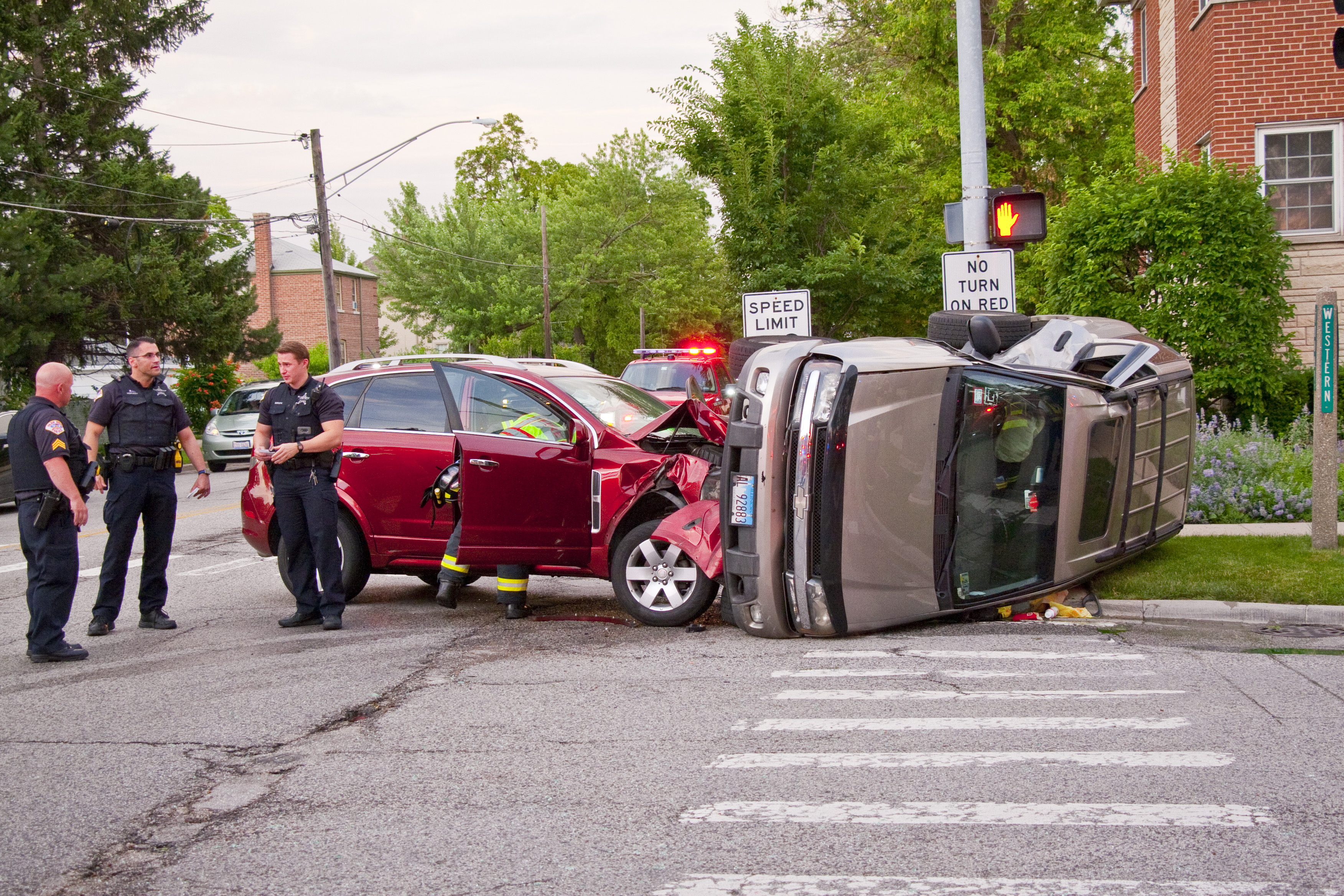Introduction
Car accidents can be life-changing events, bringing with them a complex web of legal, medical, and emotional challenges. In this article, we’ll explore the key aspects of dealing with a car accident, from understanding liability and seeking medical attention to coping with the emotional aftermath.
Understanding Liability in Car Accidents
Determining liability is a crucial element in car accident cases. In most cases, negligence plays a central role. To establish liability, several key factors are considered:
- Duty of Care: All drivers have a duty to operate their vehicles safely and follow traffic laws to protect themselves and others on the road.
- Breach of Duty: Liability is often determined by whether one party breached their duty of care. This breach might involve speeding, running a red light, or other reckless behaviors.
- Causation: The negligent actions of one party must be proven to have directly caused the accident and subsequent injuries.
- Damages: To pursue a personal injury claim, the injured party must have suffered actual damages, such as medical bills, lost wages, or pain and suffering.
Seeking Medical Attention
After a car accident, seeking immediate medical attention is paramount, even if you believe your injuries are minor. There are several critical reasons for this:
- Hidden Injuries: Some injuries, like whiplash, concussions, or internal injuries, may not exhibit immediate symptoms. Early medical assessment can identify these issues.
- Medical Records: Medical records serve as crucial evidence for your personal injury claim. They document the nature and extent of your injuries, as well as the recommended treatments.
- Prevent Further Complications: Early treatment can prevent injuries from worsening or causing long-term complications.
- Insurance Claims: Your insurance provider will require evidence of medical treatment when filing a claim. Prompt medical attention supports your claim’s credibility.
Coping with Emotional Aftermath
Car accidents can be emotionally traumatizing experiences for everyone involved. Coping with the emotional aftermath is just as important as addressing the physical and legal aspects:
- Reach Out for Support: Lean on friends and family for emotional support. Speaking with a therapist or counselor can also be beneficial.
- Understand PTSD: Post-traumatic stress disorder (PTSD) is common after car accidents. If you experience symptoms like flashbacks, nightmares, or anxiety, seek professional help.
- Consider Legal Counsel: Dealing with the aftermath of a car accident can be emotionally taxing. A personal injury attorney can handle the legal aspects, allowing you to focus on your recovery and emotional well-being.
- Insurance and Compensation: Understanding your insurance coverage and potential compensation can provide peace of mind. An attorney can help you navigate these processes.
Conclusion
Car accidents are traumatic events with far-reaching consequences, but nexusediciones the legal, medical, and emotional aspects is crucial in navigating the aftermath. Determining liability, seeking immediate medical attention, and addressing emotional well-being are essential steps to take in the wake of an accident. A personal injury attorney can provide guidance, support, and expertise in dealing with the legal intricacies, allowing you to focus on recovery and moving forward after a car accident.

